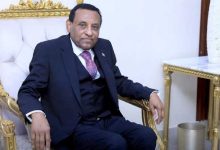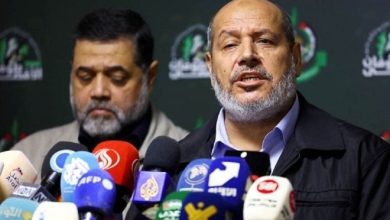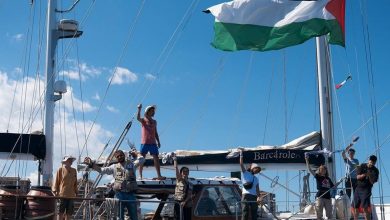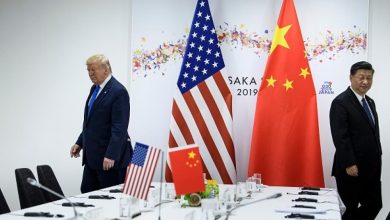Hemedti’s Audio Leak: Plans for a New Civil Authority in Sudan Emerge

Watan – The commander of Sudan’s Rapid Support Forces, Mohammed Hamdan Dagalo, commonly known as Hemedti, has revealed plans to establish a civil authority in areas under his control. This move is seen by many as reminiscent of the ongoing crisis in Libya, where two powers govern different regions of the country.
In an audio recording released on his “X” platform account, Hemedti stated that his forces would initiate consultations to form a civil authority in areas they control. This comes as a response to what he described as attempts by the head of the Sovereignty Council, Abdel Fattah al-Burhan, to claim a “false legitimacy.”
The recording further highlighted Burhan’s efforts to form a government based in Port Sudan, suggesting a move towards scenarios observed in other countries where two factions control different parts of a single nation, alluding to neighboring Libya.
Hemedti clarified that most of the Khartoum state is under the control of the Rapid Support Forces, while the army dominates Eastern Sudan and parts of the North. He confidently stated, “We can take control of Port Sudan today if we want.”
These statements from Hemedti follow Burhan’s recent departure from the general command of the armed forces in Khartoum, relocating to Port Sudan to manage the country’s affairs.
The ongoing conflict in Sudan between the army and the Rapid Support Forces has been raging since April 15th. According to the “Akleed” organization, the conflict has resulted in approximately 5,000 deaths and the displacement of over 4 million people, either within Sudan or to neighboring countries.






